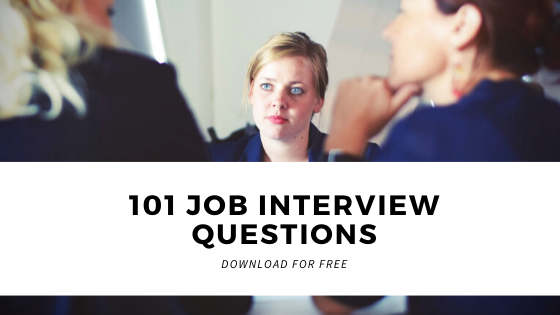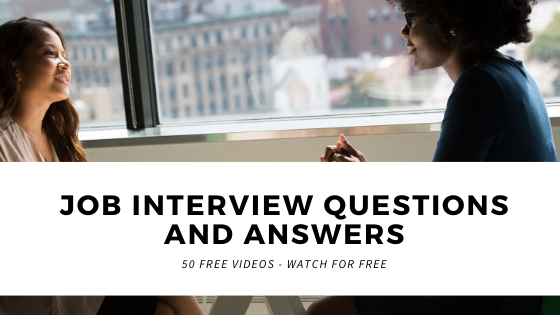There’s a love-hate relationship with job interviews. We love that we have the chance to prove ourselves to a new employer, and hopefully get a new position with a big new salary…but we hate the job interview process; its scary, horrific, terrifying!!!
This series of job interview articles will teach you how to pass your next job interview by explaining how to answer each tricky job interview question
How to Answer “What will you do in the first month of the job?”
This job interview question comes in many forms; what will you achieve in the first 3 months of accepting the position? How would your first week look? What would your priorities in the first few months of starting the role?
It doesn’t matter on the sentence structure, what matters is the underlying reason for being asked this question and how you should present your job interview answer
How to Answer the Interview Question
This job interview question is asked in managerial roles and positions where the employer expects you to get on with the task in hand.
The employer isn’t looking to handhold you in this company, so you need to give a professional answer that explains the process you will follow.
A good way to look at this job interview question is through the perspective of a project manager – with your position being the project
In project management, you receive a project brief – the job description and/or job advert (these two documents explain the role and what the employer expects from you – your objectives)
Once you have a project brief you can split the objectives into work packages – these are the individual task you need to achieve (in a job role this could include; increasing customer engagement or increasing manufacturing production, managing of staff or working within a team, generating workable ideas/project management, etc)
With the details in mind, you now look at the potential risk (in a job role this could include; decline in orders, machine defects, uncooperative team members, unforeseen external events such as the coronavirus)
And finally, a solution(s) to the identified risk(s) This is where you can discuss your unique selling point, allowing you to stand out from the crowd
Let me put this together for you.
So, you are asked the job interview question what will you do in the first month of starting the position?
You need to cover objectives, individual task, risk and solutions.
Most applicants will say something pretty boring like “I’d get to know the team, read the processes and procedures and start working towards my main objective”
Instead, impress the interviewer using the project management model: “as far as I can see my main objective is X. To achieve the objective I will (task – give some detail here) The biggest risk includes X. A proactive approach to this risk is (add solution)”
Here you have shown you understand the company vision/the job positions goals/objectives, and that you have an awareness of the biggest threats to achieving these goals as well as showing that you are a proactive problem-solver.
Job Interview Advice








